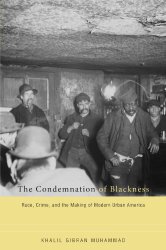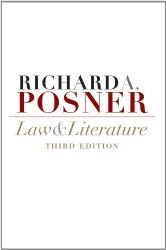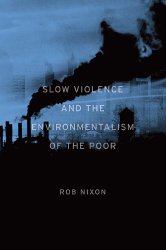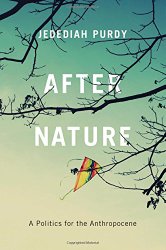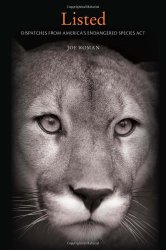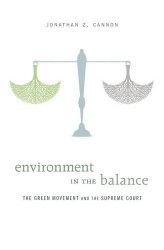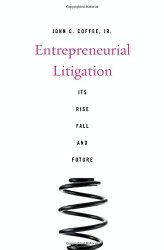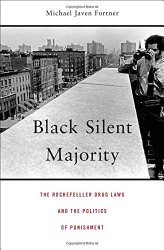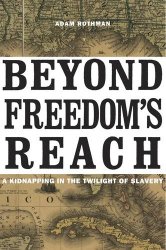The Condemnation of Blackness: Race, Crime, and the Making of Modern Urban America
Lynch mobs, chain gangs, and popular views of black southern criminals that defined the Jim Crow South are well known. We know less about the role of the urban North in shaping views of race and crime in American society.Following the 1890 census, the first to measure the generation of African Americans born after slavery, crime statistics, new …
